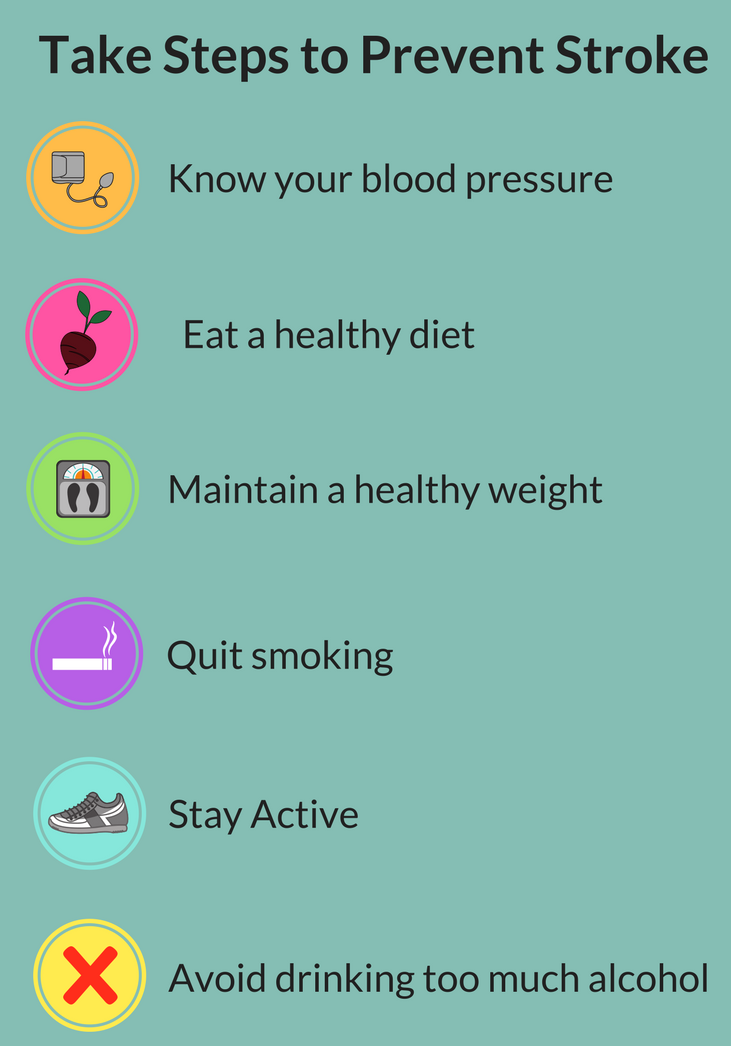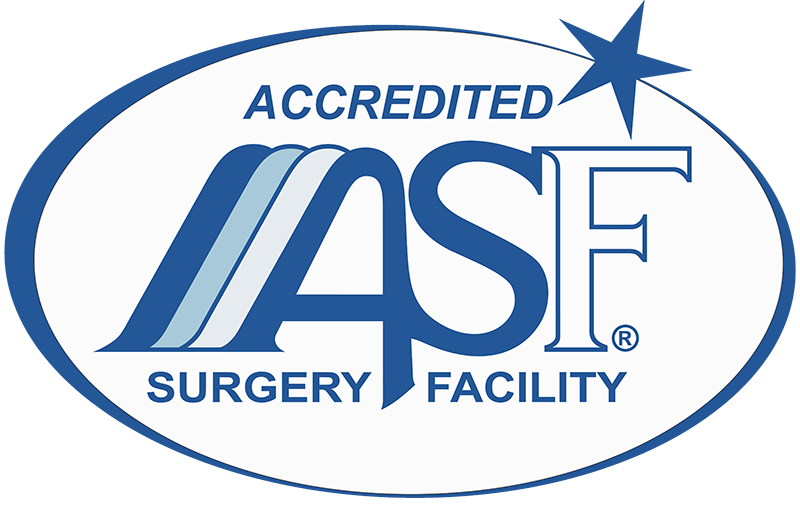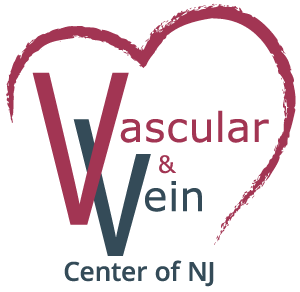ATHEROSCLEROSIS
Atherosclerosis is a disease process that leads to hardening and eventually narrowing (stenosis) and blockage of your arteries. The buildup of fat, cholesterol, calcium and other substances creates plaque inside arteries, which can lead to serious problems including heart attack, stroke, amputation and death.
PREVENTABLE—EVEN SMALL CHANGES CAN HELP
Stopping smoking, following a healthy diet, managing cholesterol, staying physically active all decrease the risk of atherosclerosis and improve your overall health.
Causes
A variety of characteristics and behaviors called risk factors may contribute to atherosclerosis.
SOME RISK FACTORS CANNOT BE CHANGED
Age, male gender, race and family history can put you at a higher risk.
OTHER RISK FACTORS CAN BE MANAGED
- Smoking
- High blood pressure
- High amounts of cholesterol/triglycerides in the blood
- High amounts of sugar in the blood
- High levels of inflammation as the body responds to injury or infection
- Obesity
- Lack of physical activity
- Stress
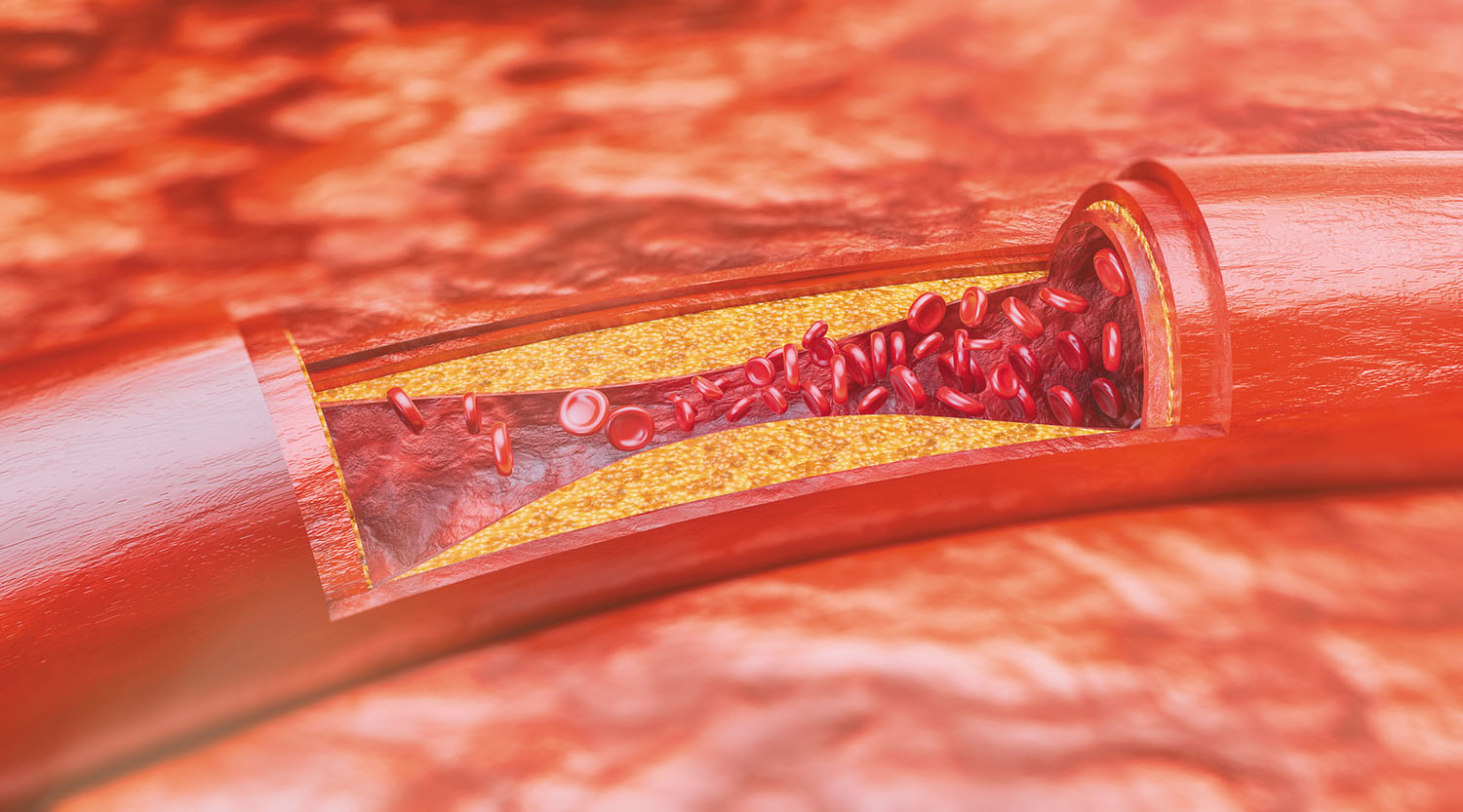
Symptoms
Symptoms often appear when the disease is advanced, and vary with the types of arteries affected.
PAIN
Pain in the chest leading to angina or possibly a heart attack may indicate arteries of the heart are affected.
Pain in the legs while walking may indicate arteries of the legs are affected.
SIGNS OF STROKE
A mini-stroke or stroke may occur if arteries of the neck are affected.
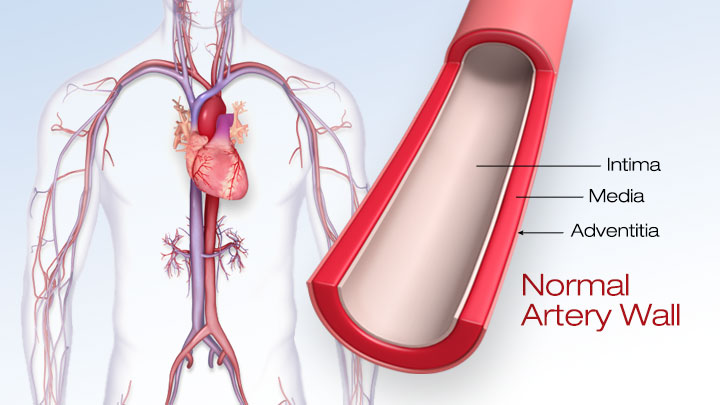
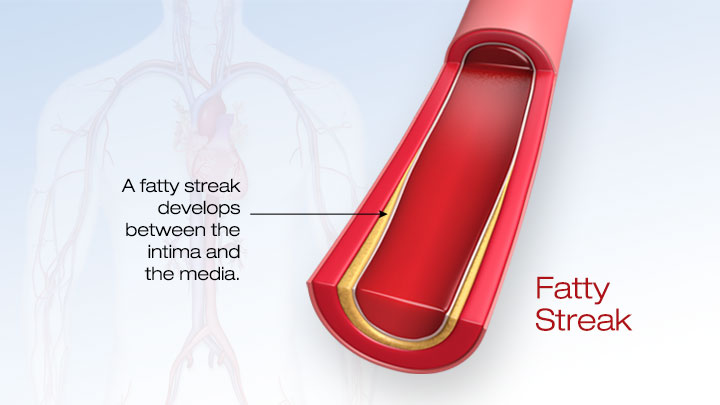
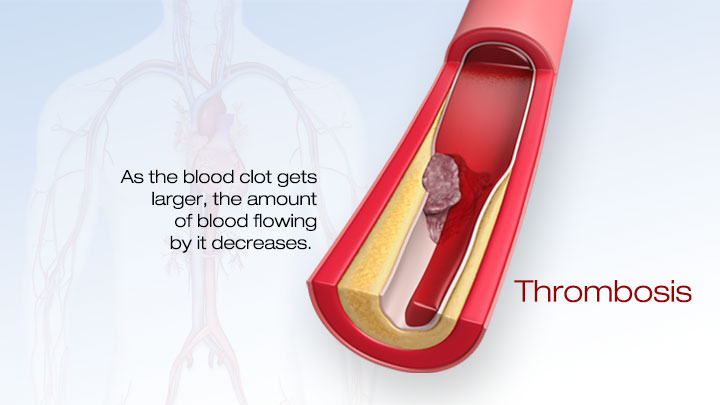
Diagnosis
SEE A VASCULAR SURGEON
A vascular surgeon will ask questions about symptoms and medical history, including family history, and will perform a physical exam.
BLOOD TESTS LIKELY, OTHER TESTS MAY BE RECOMMENDED
The vascular surgeon will likely recommend one or more a blood tests be done.
Depending on the arteries affected or suspected, additional tests may be recommended to understand the presence and severity of disease. These may include:
- ABI/PVR test
- Ultrasound
- Computed tomography (CT) scan
- Magnetic resonance imaging (MRI) scan
- Angiogram
Treatments
The vascular surgeon will provide information to help you understand the effects of atherosclerosis and may recommend changes in behavior or diet.
Medications may be prescribed, for example, to manage high blood pressure or high cholesterol.
If needed, surgery will be recommended and may include:
- Angioplasty or stenting
- Surgical bypass
Staying Healthy
Prevention is key to reducing the risk of atherosclerosis-related disease, primarily through lifestyle and dietary modifications that will improve your overall health. Changes as simple as managing stress can make a huge impact.
